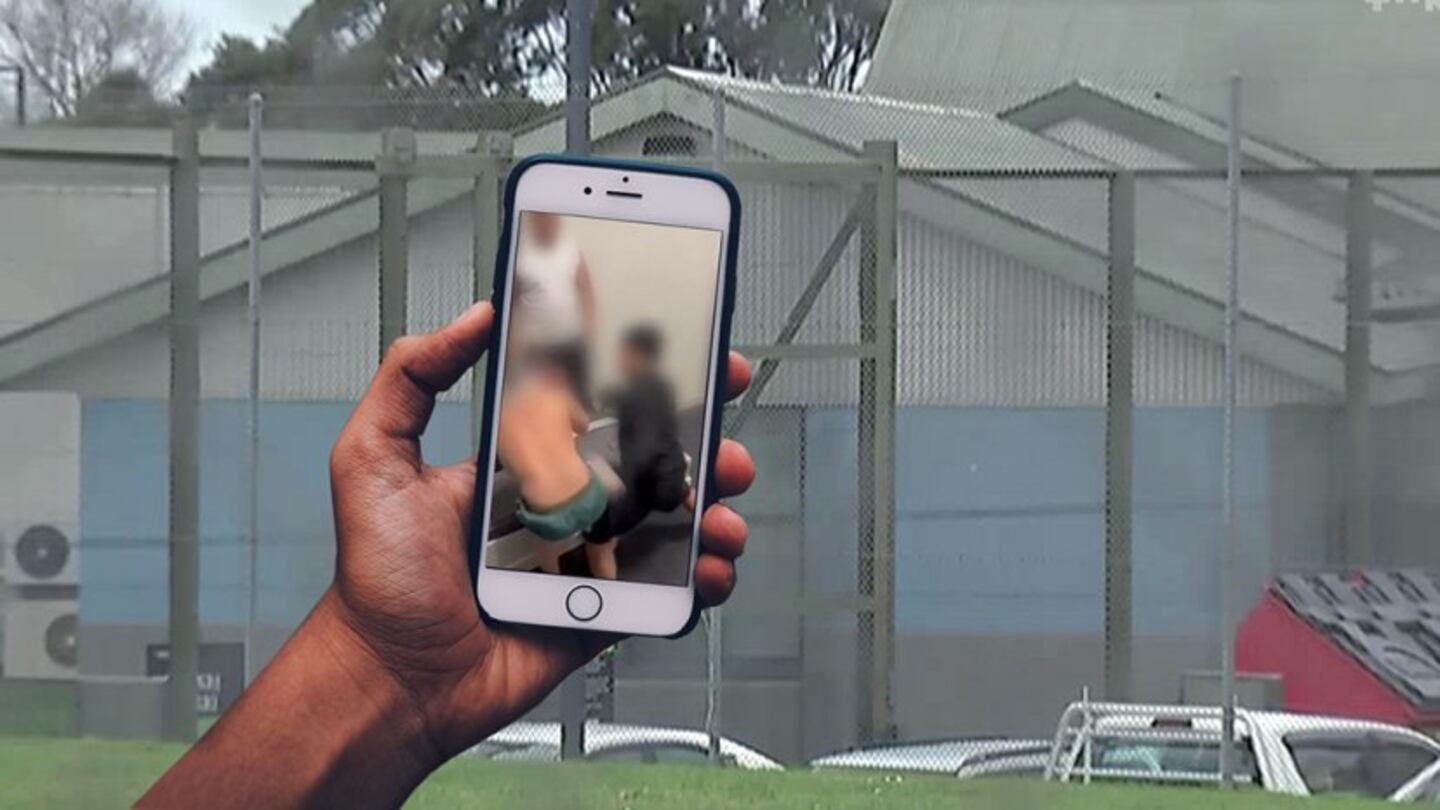National Urban Māori Authority chair Lady Tureiti Moxon says Oranga Tamariki's youth justice and children's residences breed violence and it must be stopped.
So far 17 Oranga Tamariki staff have been stood down at various youth justice facilities and children’s residences around the country in recent weeks over alleged sexual misconduct against young people in care and encouraging fights between youth, with videos of fights those being shared across the internet.
That follows two "escape" events. In February five rangatahi escaped on to the roof of a youth justice residence in Rolleston, Christchurch. Last week, the same happened with six rangatahi in Wiri, South Auckland.
Oranga Tamariki argues the residences “provide a safe, secure and supportive environment where young people can get their lives back on track".
But Moxon says "putting our children into those facilities at younger and younger ages is not the solution. All we’re doing is creating more and more angry people, and not just angry but traumatised and hurt.”
When the residences were closed at one point, the youth were placed in housing in the community. And Moxon believes that is the answer.
'Bashing, bullying and hurting
“That type of fighting and violence is really what we’re perpetuating in our communities. We need to stop it.
“People need more than just being flung and corralled into a facility and think that’s going to fix things. No amount of bashing us up, bullying us and hurting us through our young people is going to do that.”
Though ACT wants to reverse a law change it helped make under the previous National government by allowing 17-year-olds that commit crimes to the youth justice system to be tried in adult courts, Moxon acknowledges that going backwards won’t change anything either.
"What it should be doing is by Māori, for Māori, with Māori – that's the key, i raro i Te Tiriti o Waitangi.
“They don’t even think about those things when they talk about our children.”
“The Waitangi Tribunal stated very clearly that we should have a Māori transitional authority for Oranga Tamariki which was independent from the state, so that they could look for the kinds of solutions that we need very much now."


